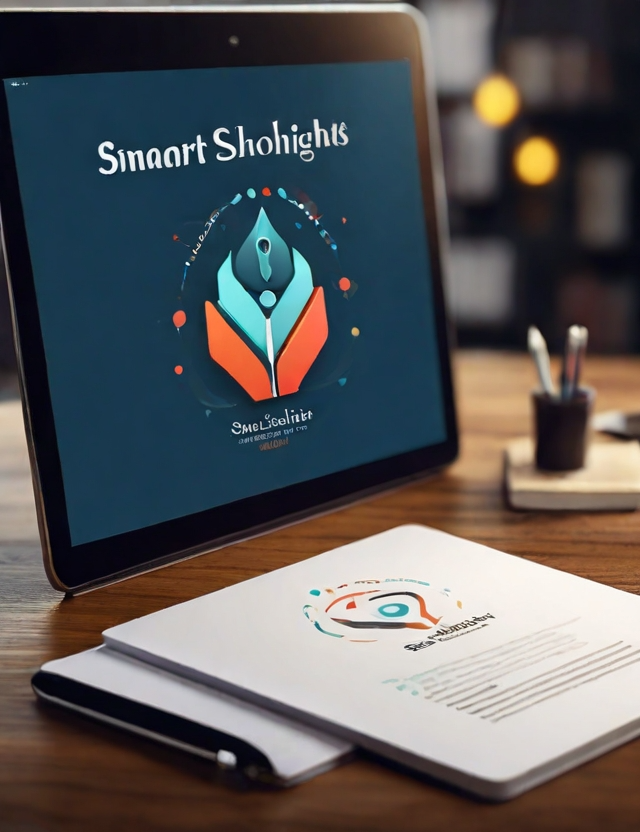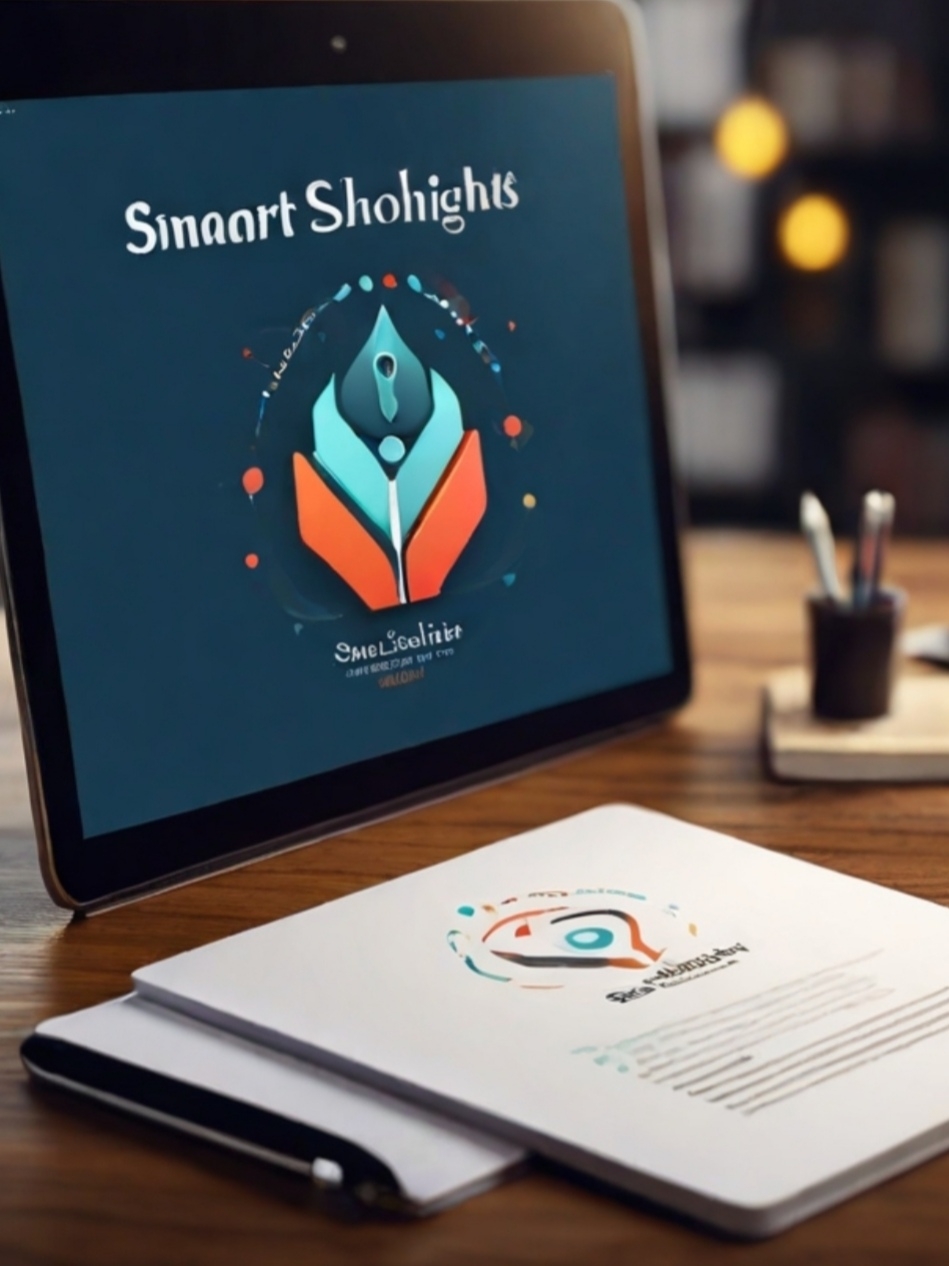Maximizing Academic Success: The Art of Effective Study Techniques
In the pursuit of academic excellence, mastering effective study techniques is paramount. The ability to absorb, retain, and apply knowledge efficiently not only enhances learning outcomes but also fosters a deeper understanding of the subject matter. In this essay, we will explore various study techniques and their impact on learning, offering insights into how students can optimize their study habits for maximum success.
One of the most fundamental study techniques is active engagement with the material. Passive learning, such as simply reading or listening to lectures, often results in superficial understanding and limited retention. Active learning, on the other hand, involves actively processing information through methods like summarization, questioning, and problem-solving. By engaging with the material in a meaningful way, students can enhance comprehension and long-term memory storage.
Another crucial study technique is the use of spaced repetition. This method involves reviewing material at increasing intervals over time, reinforcing learning and preventing forgetting. Research has shown that spaced repetition is highly effective for long-term retention, making it an indispensable tool for students preparing for exams or mastering complex subjects. Incorporating spaced repetition into study routines can significantly improve recall and mastery of key concepts.
Furthermore, employing retrieval practice as a study technique can yield substantial benefits. Instead of simply re-reading or highlighting text, retrieval practice involves actively recalling information from memory. This can take the form of self-quizzing, flashcards, or practice tests. By repeatedly retrieving information, students strengthen neural pathways associated with that knowledge, leading to improved retention and recall. Additionally, retrieval practice enhances metacognitive awareness, helping students identify gaps in their understanding and focus their study efforts more effectively.
Effective note-taking is another essential study technique that can enhance learning outcomes. Whether using traditional pen and paper or digital tools, taking organized, concise notes helps students consolidate information and reinforce learning. Techniques such as the Cornell method or mind mapping can facilitate active engagement with the material and promote deeper understanding. Moreover, reviewing and summarizing notes regularly can aid in long-term retention and serve as a valuable study aid.
In addition to specific study techniques, cultivating a conducive study environment is crucial for optimal learning. Minimizing distractions, establishing a consistent study routine, and ensuring adequate rest and relaxation are essential factors that contribute to academic success. Furthermore, adopting a growth mindset, embracing challenges, and seeking feedback can foster resilience and motivation, enabling students to overcome obstacles and achieve their academic goals.
In conclusion, mastering effective study techniques is essential for maximizing academic success. By actively engaging with the material, incorporating spaced repetition and retrieval practice, taking organized notes, and cultivating a conducive study environment, students can enhance comprehension, retention, and application of knowledge. Moreover, adopting a growth mindset and embracing challenges can empower students to overcome obstacles and realize their full potential. Through diligent practice and continuous refinement of study habits, students can unlock their intellectual potential and excel in their academic pursuits.


Comments
Post a Comment